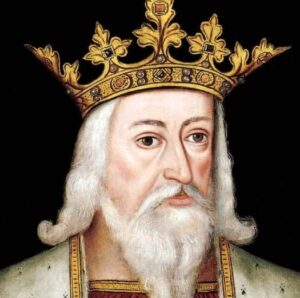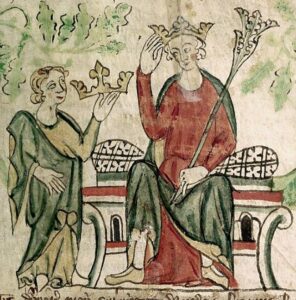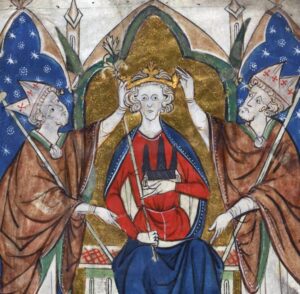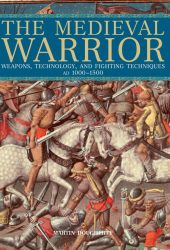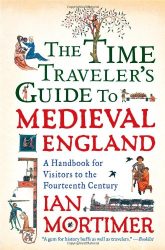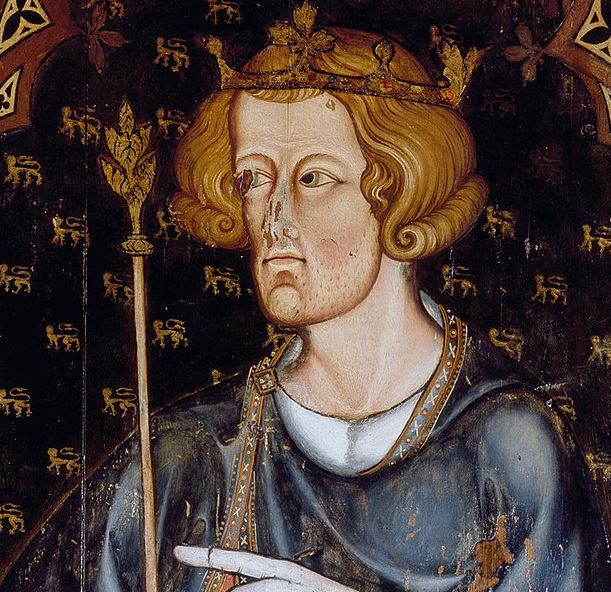
Edward I, also known as Edward Longshanks or the Hammer of the Scots, was one of medieval England’s most formidable and influential monarchs. Born on June 17, 1239, Edward ascended to the throne in 1272 following the death of his father, King Henry III. His reign would leave a profound mark on the history of England, Wales, and Scotland.
Who Was Edward I?
Edward’s early years as king were marked by the need to assert his authority and consolidate royal power. He faced challenges from rebellious barons and nobles, as well as threats from neighbouring kingdoms, particularly Wales and Scotland. Edward’s determination to centralize power and strengthen royal authority would shape the course of his reign and define his legacy.
One of Edward’s most significant achievements was his conquest of Wales. He launched a series of military campaigns against the Welsh princes, culminating in the capture of the last independent Welsh stronghold, Castell y Bere, in 1283. Edward’s conquest of Wales was followed by the implementation of English law and administration, effectively bringing Wales under English control.
Edward’s ambitions extended beyond Wales, however, as he sought to exert his influence over Scotland as well. He intervened in Scottish affairs, attempting to assert his overlordship and install a puppet ruler on the Scottish throne. His actions provoked fierce resistance from the Scots, leading to decades of conflict and bloodshed.
The most famous episode in Edward’s struggle against Scotland was his invasion of the country in 1296. He defeated the Scottish forces at the Battle of Dunbar and captured the Scottish king, John Balliol, leading to the annexation of Scotland into the Kingdom of England. However, Edward’s control over Scotland would prove to be short-lived, as the Scots rose in rebellion under the leadership of William Wallace and later Robert the Bruce.
Despite his military successes and political ambitions, Edward’s reign was also marked by his commitment to legal and administrative reforms. He issued a series of statutes known as the Statutes of Westminster, which codified English law and established the principle of parliamentary representation. Edward’s reign saw the emergence of the English Parliament as a formal institution, laying the groundwork for representative government in England.
Edward I died on July 7, 1307, while on a military campaign in Scotland. He left behind a legacy of military conquest, legal reform, and political centralization, earning him a reputation as one of England’s most powerful and influential monarchs. Edward’s reign marked a crucial period of transition in English history, laying the foundations for the emergence of the modern English state.
More Members of the Plantagenets Dynasty
The Plantagenets were a powerful dynasty that ruled England from the 12th to the 15th centuries, shaping the course of English history during the medieval period. They were known for their complex family rivalries, military conquests, and cultural patronage.


